Looking for the Best Chickpea Flour Substitute? Craving those crispy fritters or soft chickpea banana cookies but missing chickpea flour? No worries! Whether you're searching for a healthy alternative or simply run out of chickpea flour, I've got you covered.
Since chickpea flour isn't always on hand, the good news is there are plenty of great replacements that can help you keep your favorite recipes gluten-free! We'll explore some options that are just as healthy and versatile, so you can keep whipping up those delicious gluten-free treats.
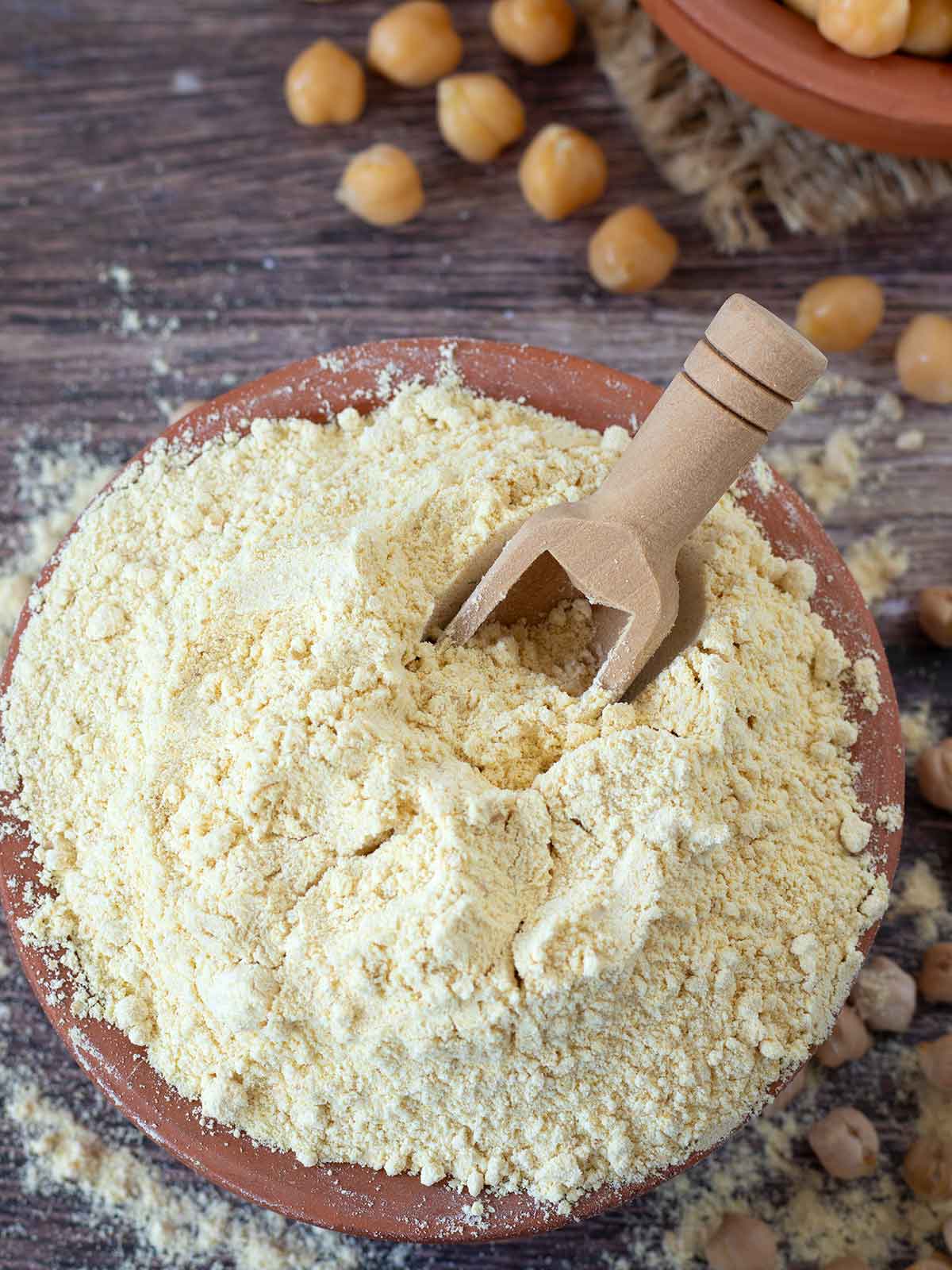
I love using chickpea flour, to whip up delicious vegan scrambled eggs or a hearty eggless frittata for breakfast. These dishes are packed with protein and keep me feeling full all morning but sometimes I run out of it. The good news is there are plenty of easy chickpea flour substitutes that can achieve similar results! Learn what they are and how they can be used in different recipes.
Jump to:
What is Chickpea Flour
Chickpea flour, also known as besan, gram flour or garbanzo bean flour, is a gluten-free flour made from grinding up dried chickpeas. It's a popular choice for vegan and gluten-free baking and cooking because it's packed with protein and adds a nutty flavor and great texture to dishes.
But its benefits go beyond taste! Chickpea flour acts as a fantastic binder, making it a superstar ingredient in fritters, falafel, and even potato latkes without eggs. Plus, when mixed with water, it creates a gel-like consistency, transforming it into a fantastic substitute for eggs in vegan baking, from cookies and brownies to frittata muffins and savory quiches!
Why use chickpea flour?
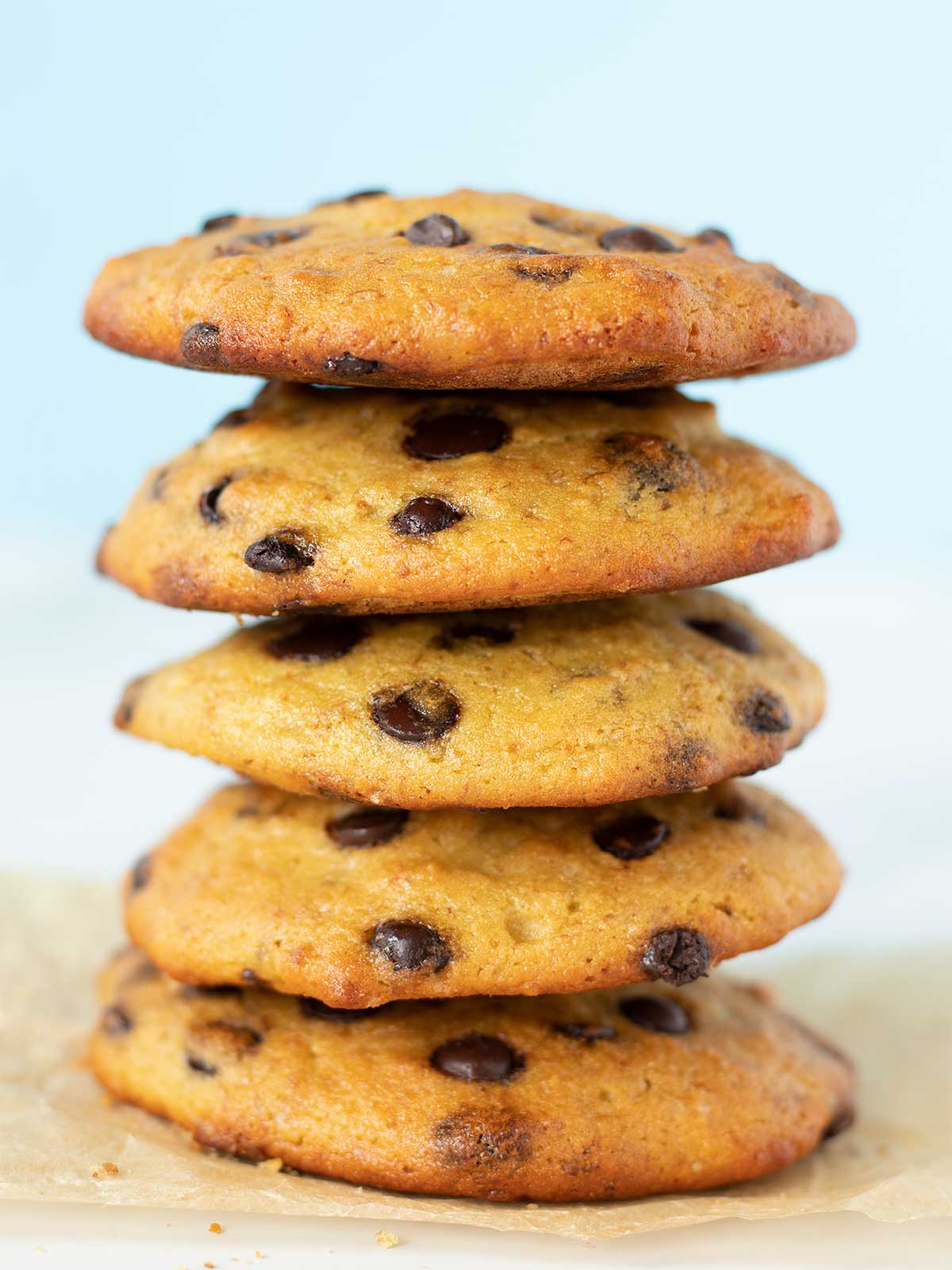
Chickpea flour is a versatile and nutritious gluten-free ingredient with a range of benefits, making it a popular choice for many recipes.
- Gluten-free: Perfect for those with celiac disease or gluten sensitivity.
- Protein and fiber: Adds a nutritional boost to baked goods.
- Nutty flavor: Enhances the taste of cookies, cakes, and breads.
- Binding properties: Helps hold ingredients together, ideal for cookies, muffins, and fritters.
Best Alternatives to Chickpea Flour
While there's no single universal replacement, there are many excellent alternatives to chickpea flour depending on your recipe. If you're wondering, 'What can I use instead of chickpea flour?' – worry not! The ideal substitute will depend on factors like flavor, texture, and binding properties. We'll break down some options to help you find the perfect substitute for your next gluten-free creation!"
Almond Flour
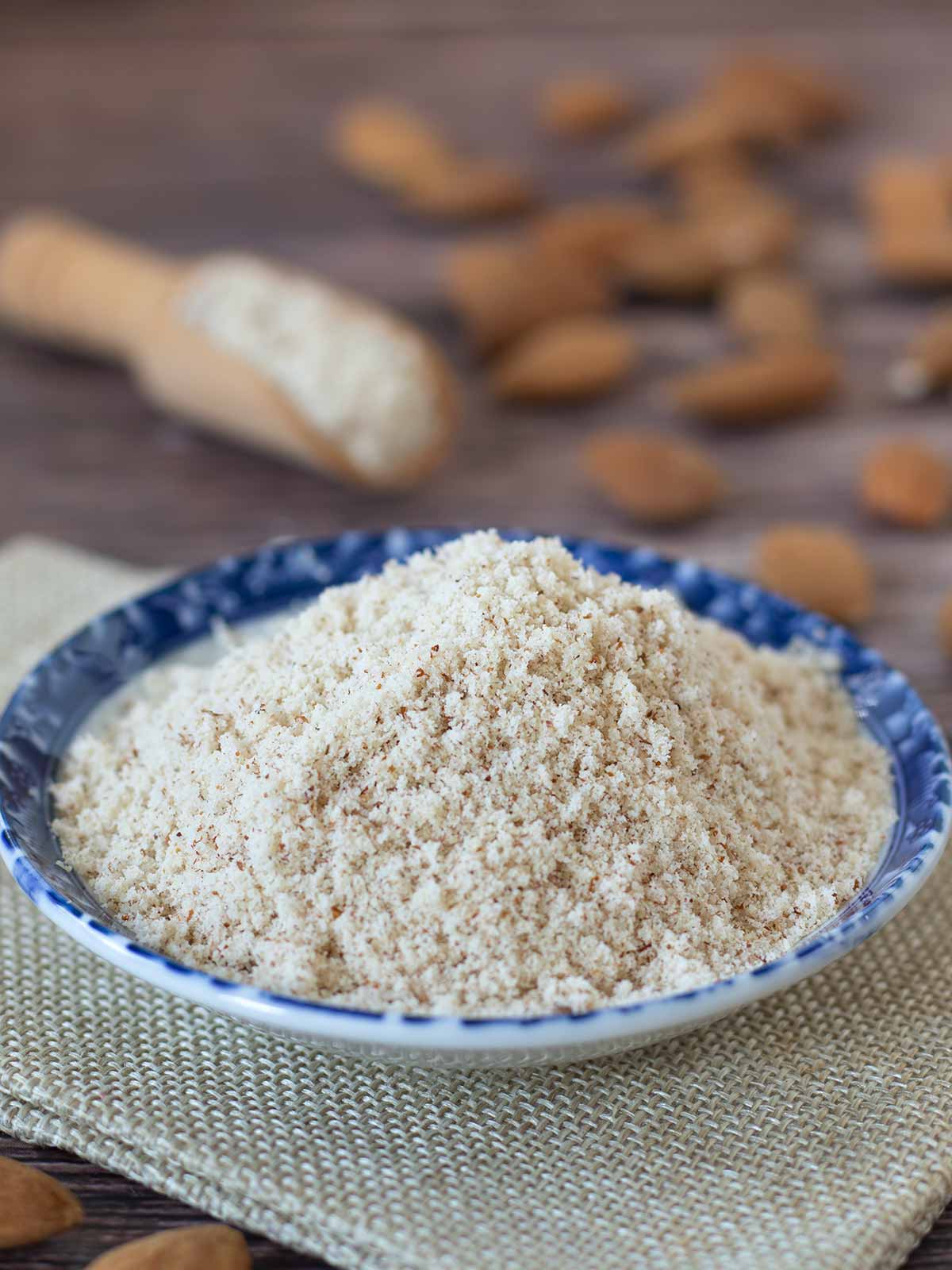
This slightly sweet, nutty-flavored flour also known as almond meal is perfect for keto-friendly baking and adds a delicious twist to cookies, cakes, and macarons. It's a popular gluten-free alternative to chickpea flour, with a 1:1 substitution ratio in most recipes. It absorbs less moisture than chickpea flour, so you might need to adjust the liquids in your recipe accordingly.
Oat flour
This is a budget-friendly and naturally gluten-free option (double-check the label!) and offers a mildly sweet and chewy texture. It's ideal for pancakes, muffins, and cookies. I always make homemade oat flour, it's super easy and affordable. All you need is rolled (old-fashioned) oats and a high-speed blender or food processor. Substitute oat flour for chickpea flour at a 1:1 ratio in most recipes for a delicious outcome.
Coconut Flour
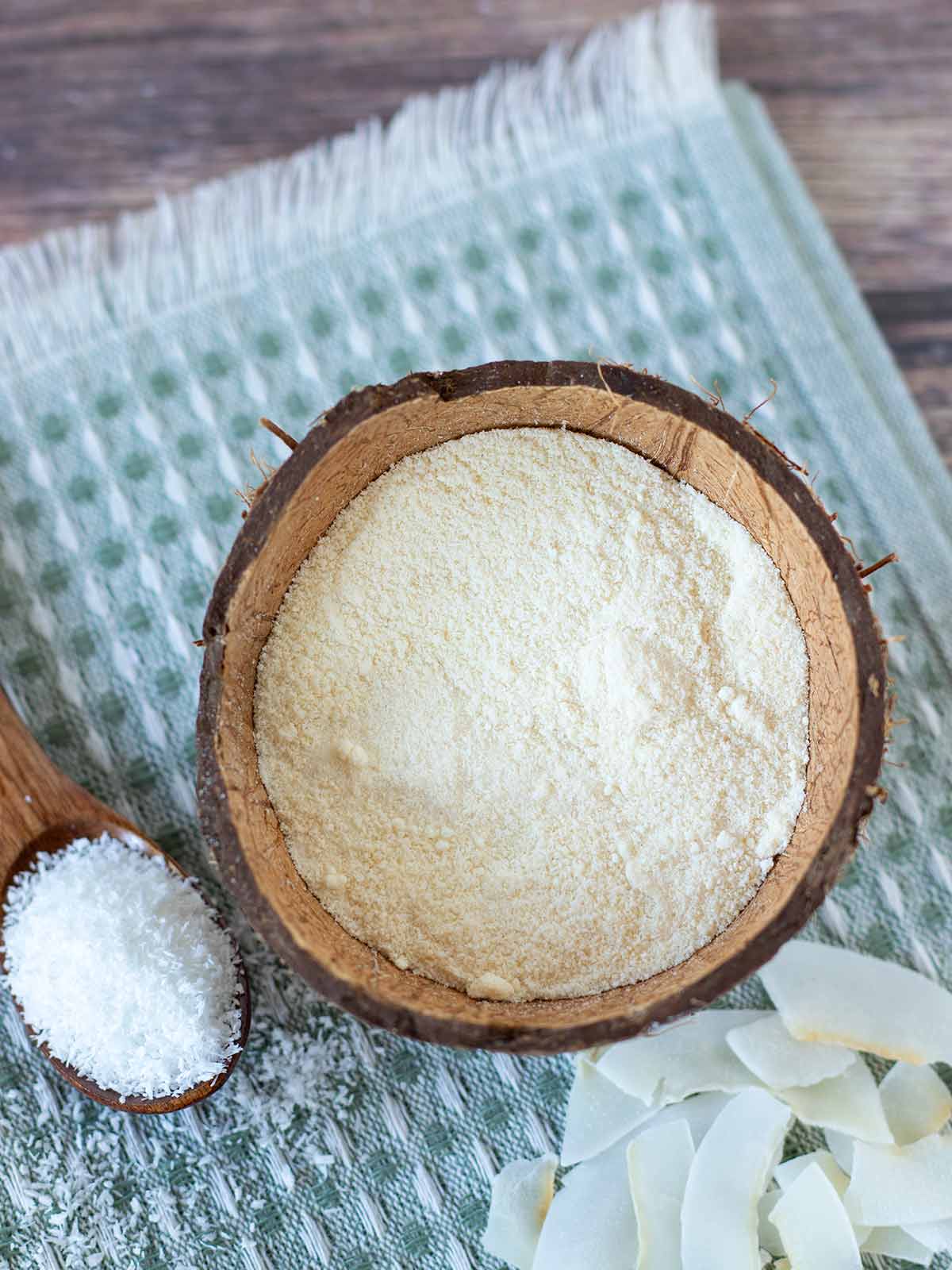
For those on a keto diet looking for a substitute in cookies or muffins, coconut flour can be a good option in small amounts (¼ to ⅓ cup for 1 cup chickpea flour) due to its low carbs and sweetness, but keep in mind the strong coconut flavor might overpower other ingredients. This substitution works best for dishes that benefit from a sweet, coconutty flavor, like baked goods and curries. While gluten-free and nutritious, its strong taste might not always be ideal for all recipes.
Corn Flour
Corn flour is an excellent substitute for chickpea flour thanks to its versatility and similar 1:1 substitution ratio in recipes. Its naturally sweet corn flavor and smooth texture make it a perfect swap for both baking and cooking. Whether you're whipping up fritters, fluffy pancakes, or thickening sauces, corn flour delivers a delicious, gluten-free and budget-friendly alternative.
Quinoa Flour
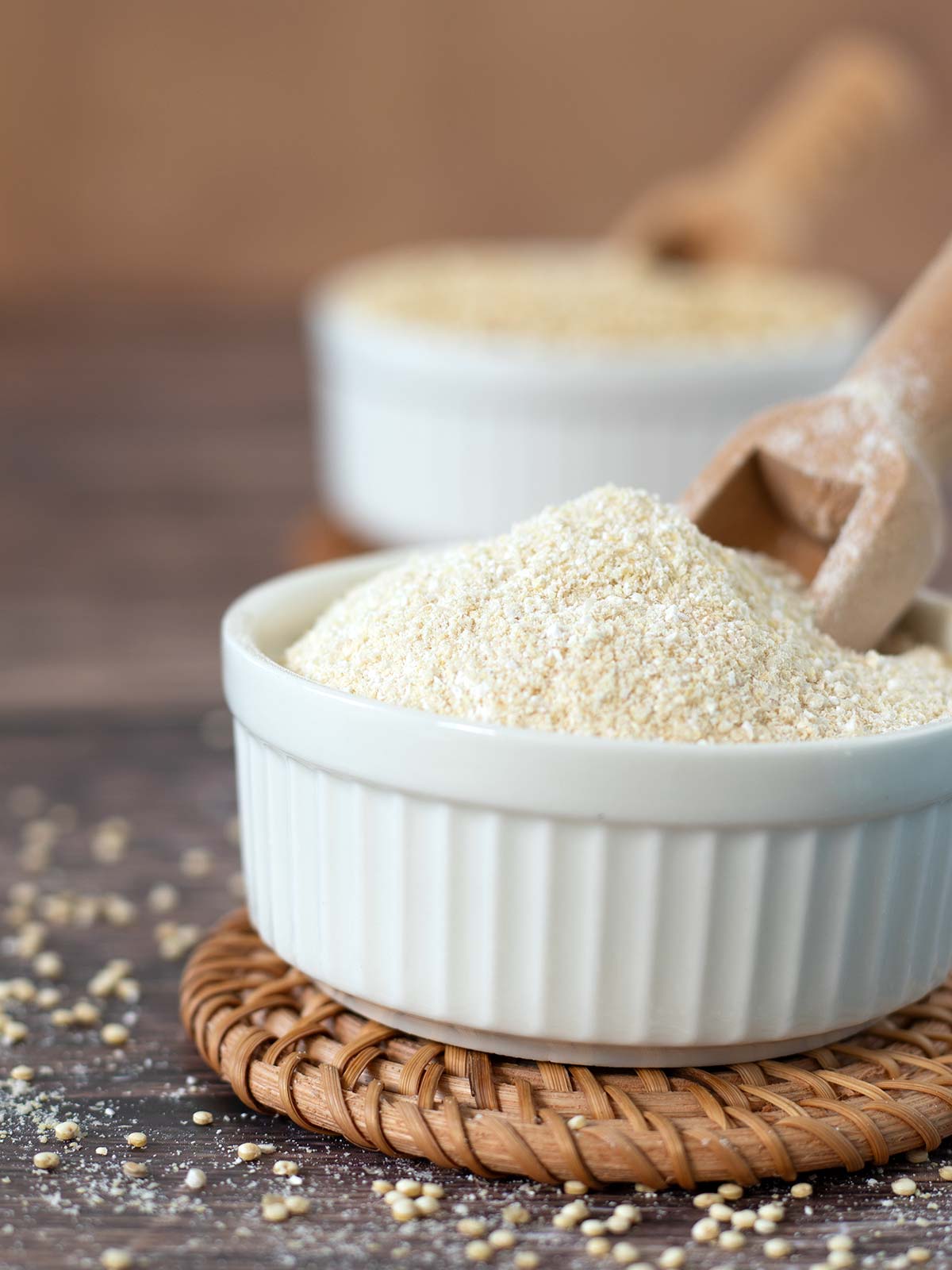
Quinoa flour is a highly nutritious gluten-free substitute for chickpea flour. It boasts a similar earthy, nutty flavor and a convenient 1:1 substitution ratio. While its finer texture makes it easier to use, it might not bind as well as chickpea flour. Regardless, this complete plant-based protein, rich in fiber and essential vitamins, works well in muffins, breads, pancakes, and even savory dishes like soups and stews.
Buckwheat Flour
Packed with protein, fiber, and nutrients, buckwheat flour can replace chickpea flour in gluten-free recipes at a 1:1 ratio. While it boasts a unique nutty flavor, it also has a distinctive slightly bitter edge. This means it works best when paired with other flours. You can use it to make pancakes, muffins, and savory quiches, but be mindful of its strong flavor that might overpower some delicate dishes. The brown color will also affect the final appearance of your baked goods.
Rice Flour
Rice flour, both brown and white varieties, makes a versatile 1:1 substitute for chickpea flour. Choose brown rice flour for a mild nutty flavor, or white rice flour for a neutral taste. It's ideal for thickening sauces and baking everything from pancakes to bread, it's naturally gluten-free.
Cassava Flour
A great gluten-free replacement for chickpea flour is cassava flour, with a handy 1:1 substitution ratio. Although it doesn't match chickpea flour's protein content, it offers a subtle sweetness and is rich in fiber and nutrients. However, due to its distinct texture, recipe adjustments may be necessary. This starchy flour, popular in Latin American cuisine can be used in a wide range of baked goods, including bread, cakes, brownies, muffins, donuts, pancakes, and waffles.
Teff Flour
A naturally gluten-free option, teff flour offers a slightly earthy twist to chickpea flour substitutions. While it works well in flatbreads and pancakes at a 1:1 ratio, keep in mind its denser texture. You might need to adjust other ingredients in your recipe for the best results.
Lentil Flour
Lentil flour makes a hearty substitute for chickpea flour in savory dishes, thanks to its similar texture and protein content. Use a 1:1 ratio when swapping them, but remember lentil flour has a slightly earthier taste. This can be a great option for adding a unique twist to fritters, falafel, or savory pancakes.
Soy Flour
Soy flour, made from ground soybeans, serves as a nutritious substitute for chickpea flour with a 1:1 ratio in recipes. While not as commonly used as chickpea flour, soy flour offers a rich, nutty flavor and adds a protein boost to baked goods including bread, muffins, and cookies.
Millet Flour
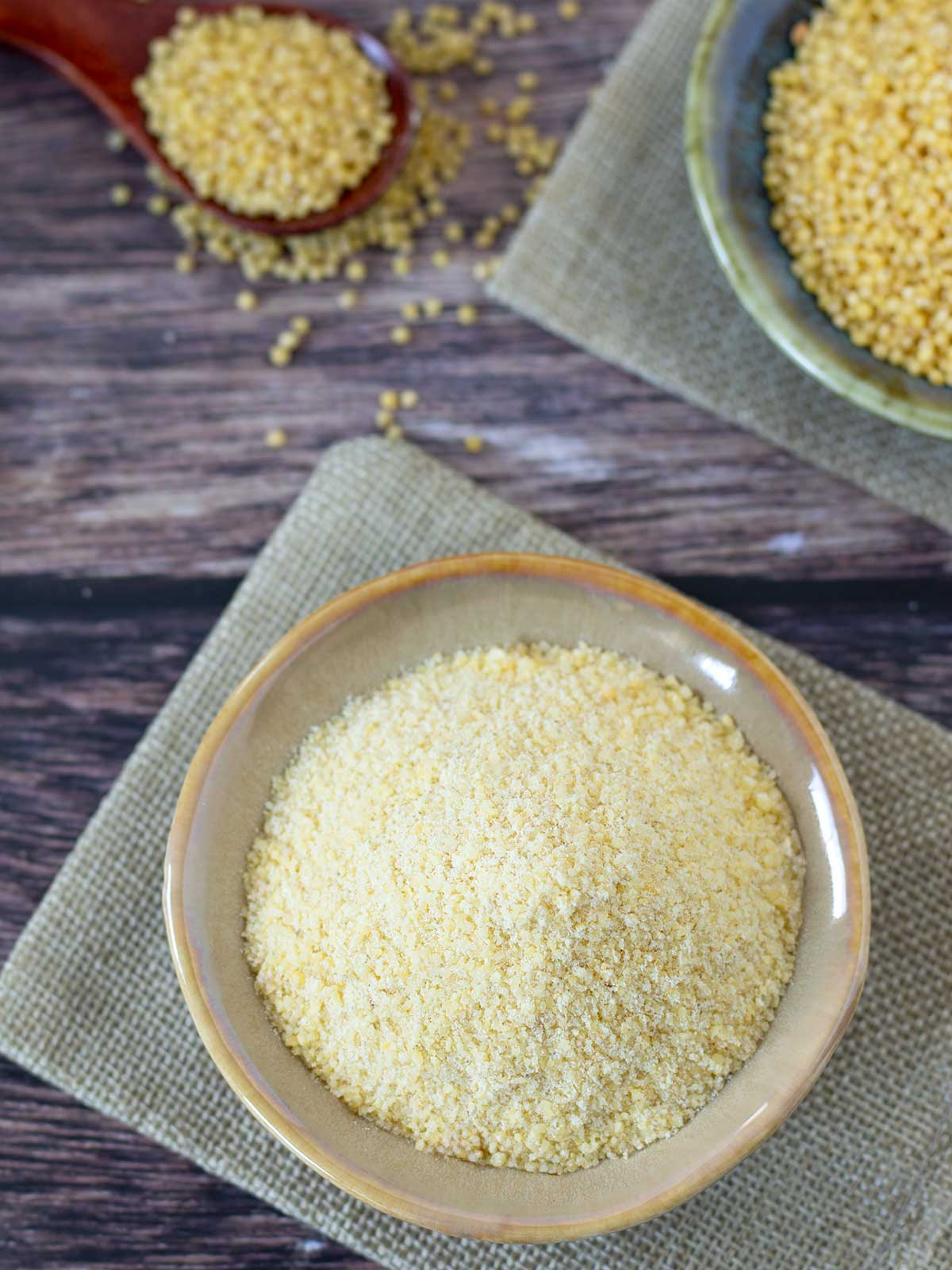
Millet flour, with its nutty sweetness and 1:1 substitution ratio for chickpea flour, shines in both sweet and savory dishes. This ancient grain flour, popular in Asia and Africa, is lighter than chickpea flour and offers a touch of natural sweetness, making it ideal for baking. While it boasts protein, fiber, and various vitamins, be mindful that it might yield different results compared to chickpea flour due to its lighter texture.
Sorghum Flour
Sorghum flour, a gluten-free option, boasts a subtle, sweet flavor and smooth texture, making it an ideal substitute for chickpea flour. Commonly utilized in gluten-free baking, sorghum flour pairs well with other gluten-free flours to create delicious cakes, breads, and other baked treats. When substituting for chickpea flour, use a 1:1 ratio to maintain consistency and flavor in your recipes.
Amaranth Flour
Protein-rich amaranth flour is a fantastic 1:1 substitute for chickpea flour. This gluten-free flour boasts a slightly sweet, nutty flavor that elevates both baking and savory dishes. While its finer texture is easier to work with, it might need the support of other gluten-free flours like quinoa or almond flour for optimal binding in some recipes. Beyond baking, you can use amaranth flour as a thickener for soups and stews, a coating for fried foods, or even the base for gluten-free pasta!
Arrowroot starch
Arrowroot starch serves as an ideal substitute for chickpea flour thanks to its neutral taste, fine texture, and gluten-free properties. Extracted from the arrowroot plant, it's naturally vegan and commonly used as a thickener in sauces and puddings. Use it in a 1:1 ratio to replace chickpea flour, but keep in mind it's best for recipes where chickpea flour is used as a thickener, not for texture or volume.
Frequently Asked Questions (FAQ's)
Yes, chickpea flour is a versatile ingredient that can be used for baking. It's a popular choice for those following gluten-free or vegan diets due to its nutritional benefits and suitability in various recipes. Chickpea flour adds a nutty flavor and pleasing texture to baked goods, making it perfect for cookies, bread, pancakes, and more. Its high protein and fiber content also contribute to the nutritional value of baked treats.
Both almond flour and coconut flour are excellent substitutes for chickpea flour. Almond flour offers a slightly sweet, nutty flavor and is perfect for keto-friendly baking due to its low carbohydrate content. Coconut flour, on the other hand, provides a light, fluffy texture and a subtle coconut flavor, perfect for gluten-free baking and adding a tropical twist to recipes.
To replace one regular egg, whisk together 3 tablespoons each of chickpea flour and water to create a thick gel-like consistency similar to beaten eggs. For extra large eggs, use 4 tablespoons each. Consider swapping water for almond milk for a touch of richness, especially in baked goods. Let this mixture rest for 5-10 minutes to thicken and mimic the binding properties of an egg.
For a gluten-free alternative to chickpea flour in falafel, you can use a combination of gluten-free flours such as rice flour, corn flour, or a gluten-free baking mix. These alternatives can provide similar binding properties to chickpea flour while ensuring your falafel remains gluten-free. Experiment with different ratios to achieve the desired texture and flavor in your gluten-free falafel recipe.
Does chickpea flour need to be refrigerated?
No, chickpea flour does not need to be refrigerated. It can be stored in an airtight container in a cool, dry place like a pantry or cupboard for 6-12 months. Make sure to seal it tightly to prevent moisture from entering, which can cause the flour to clump or spoil. Storing chickpea flour in the fridge extends its shelf life to 1-2 years. This is a good option if you use it infrequently or live in a hot, humid climate.
Chickpea Flour Recipes
As you can see, there are many chickpea flour alternatives available, each with its unique flavor, texture, and properties. What is your favorite substitute that you often use in your recipes? Share your tips in the comments below!


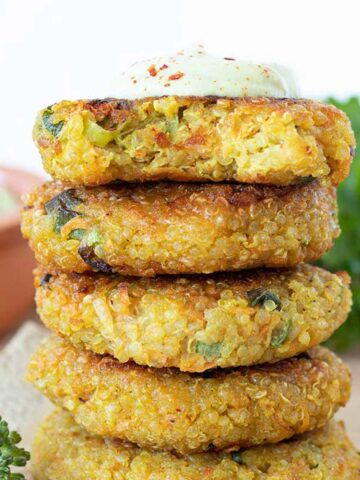
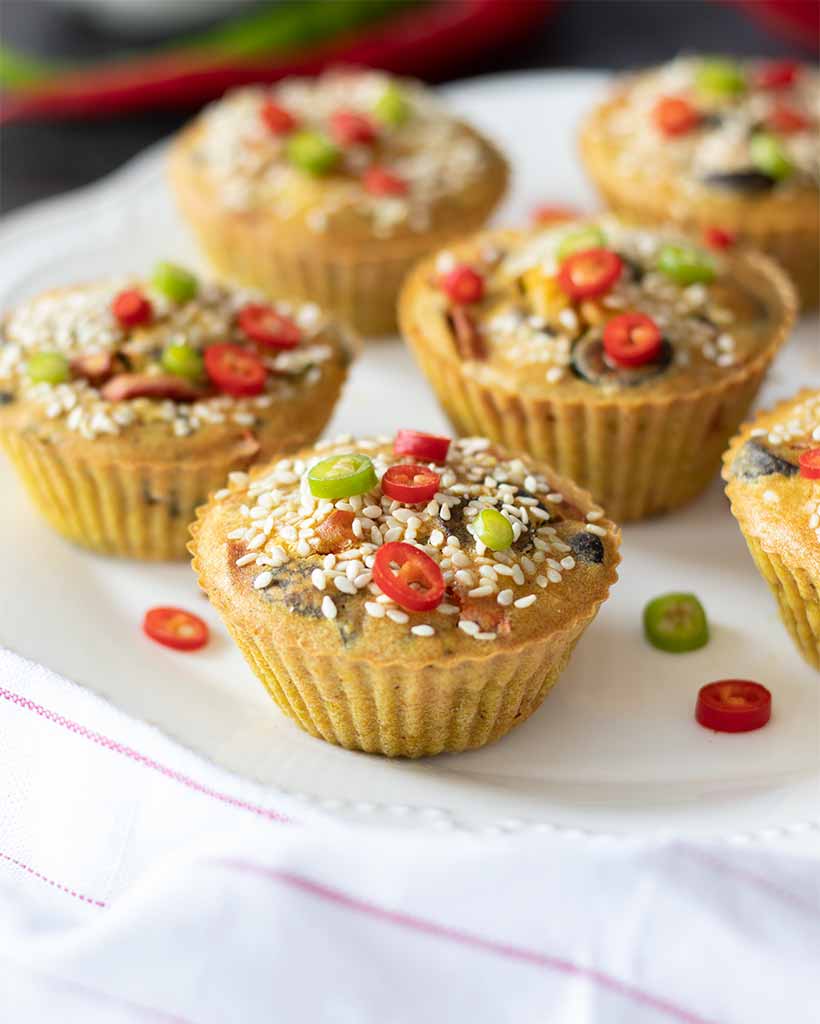

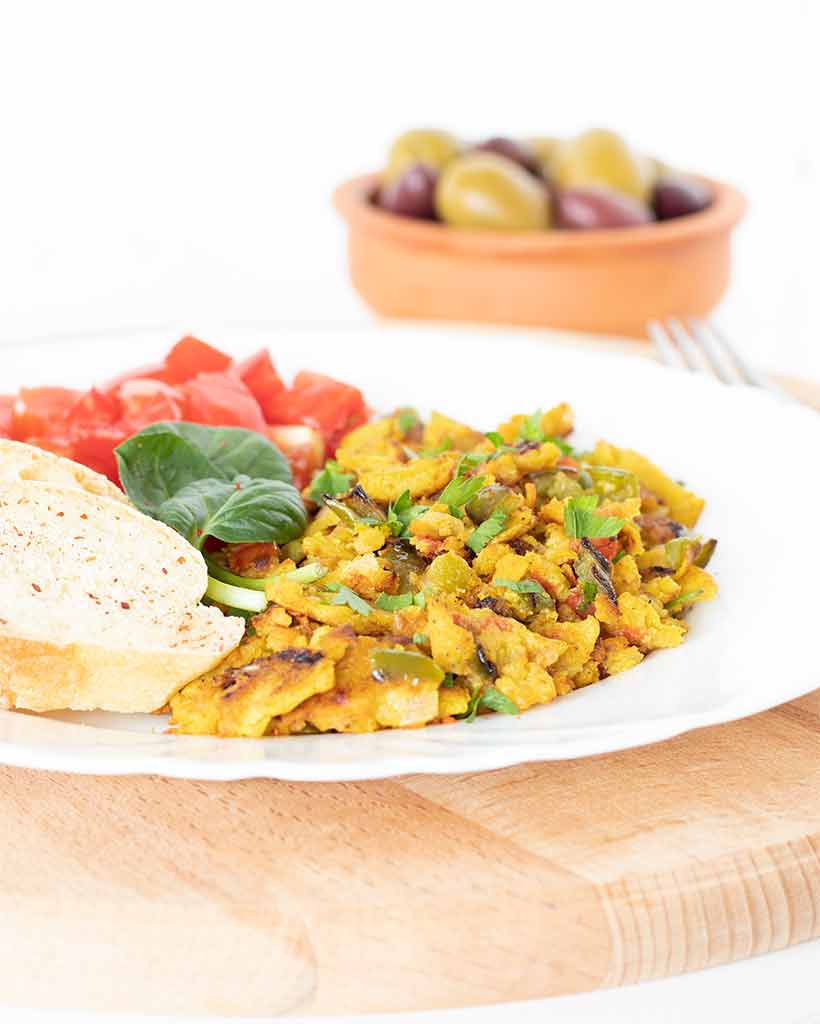
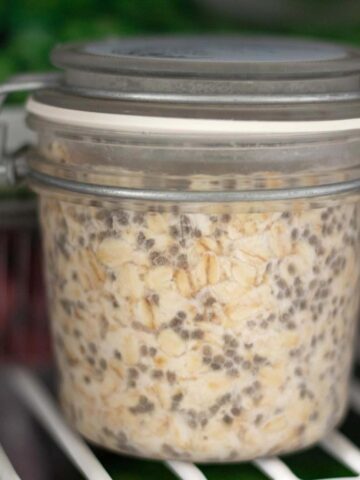
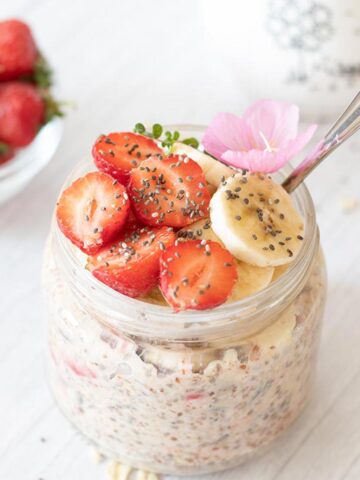

Comments
No Comments